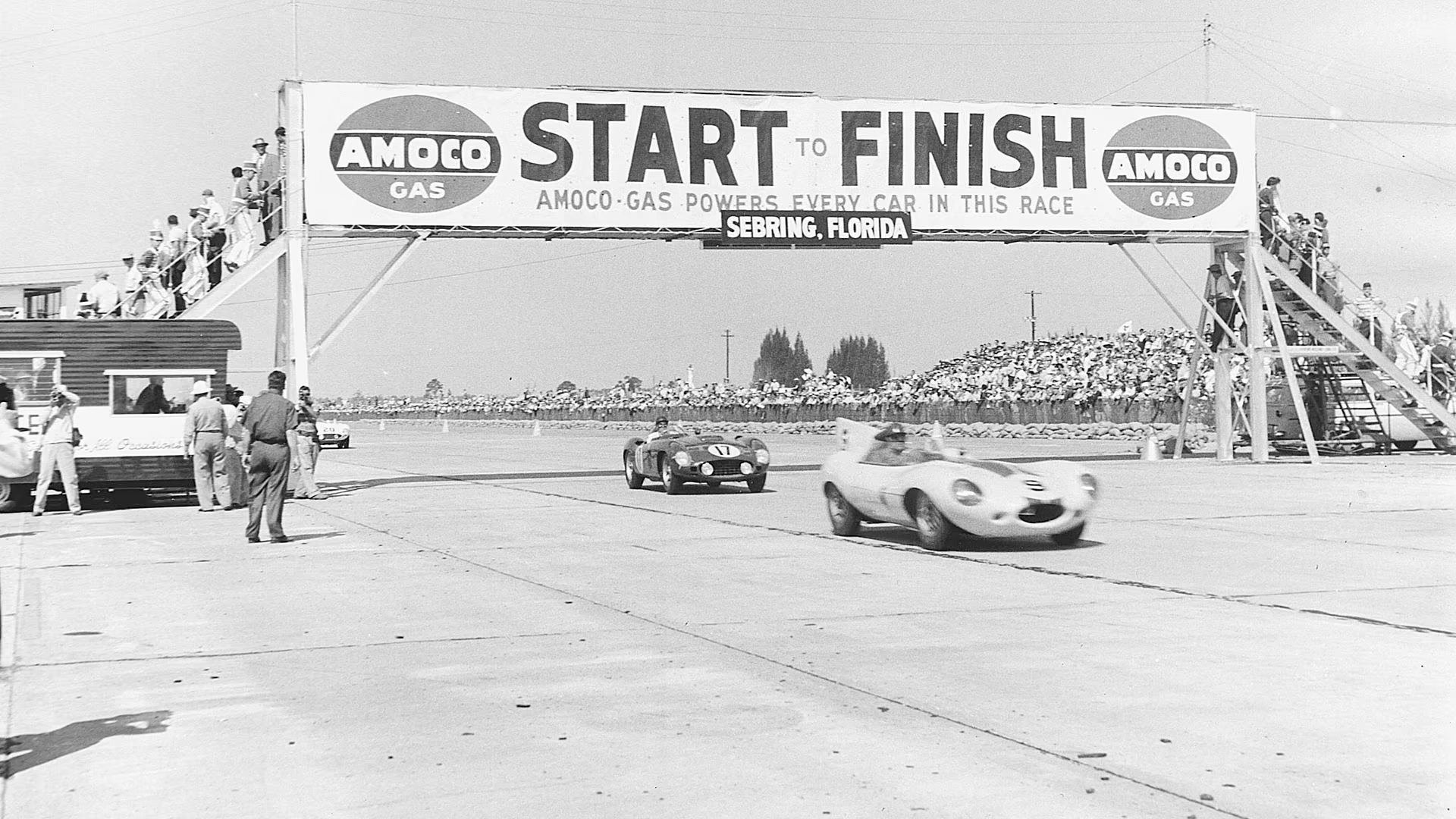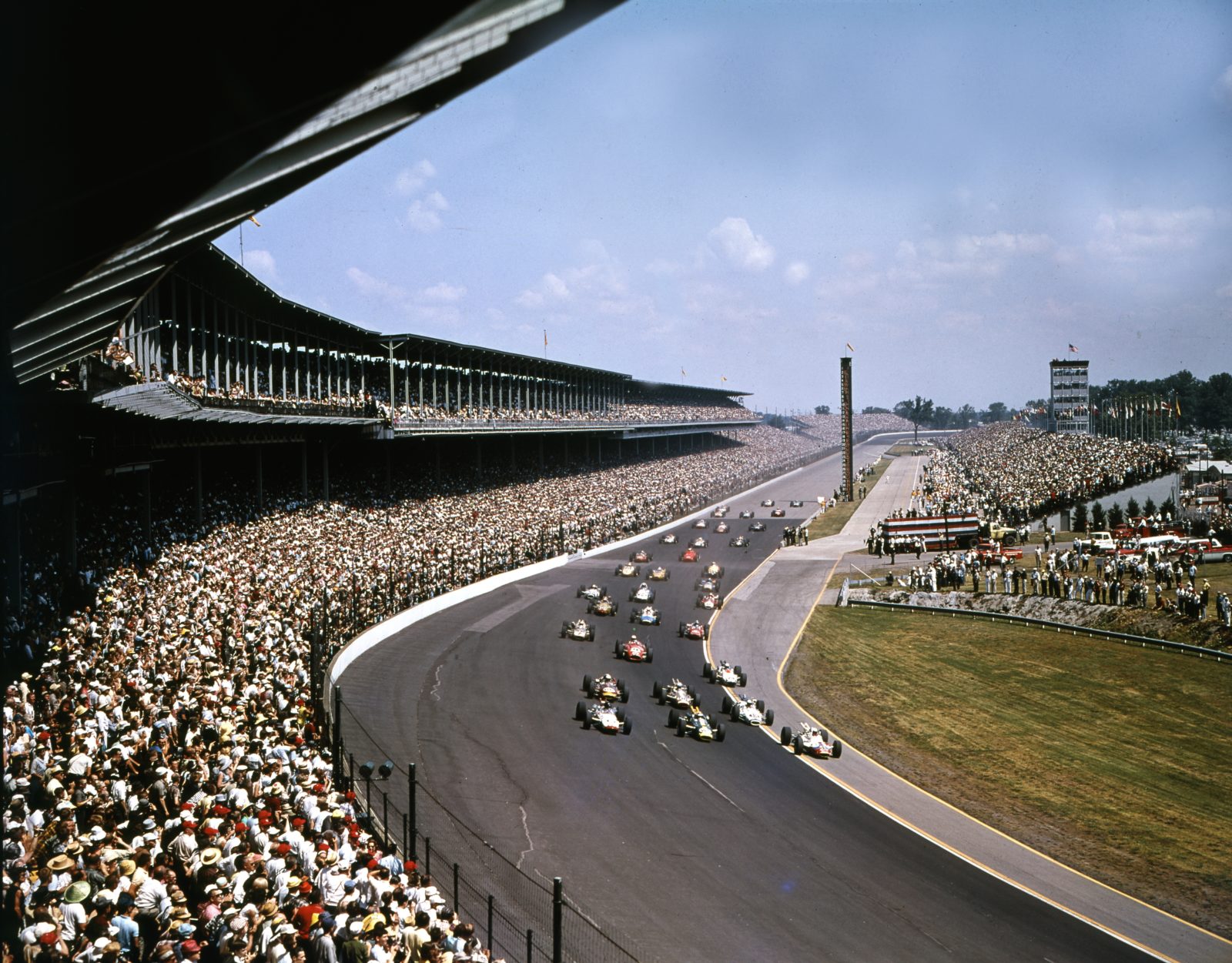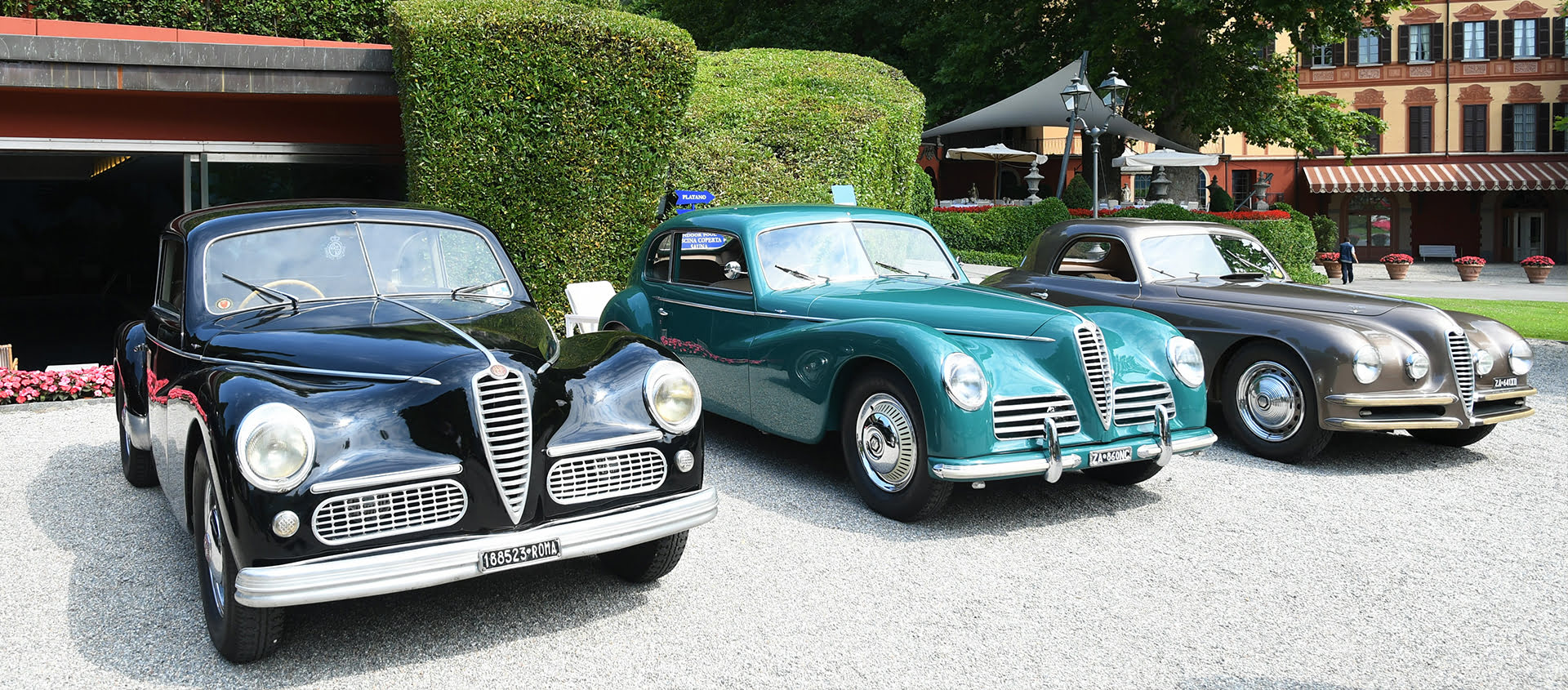Sebring: so different, so special
11 November 2023 2 min read 4 images

Photo credit: Evo, Ferrari, IMSA, Porsche, Sebring Raceway
It’s a race unlike any other: held since 1950 in the United States, in Florida, it was designed from the outset to attract European manufacturers. The race is held on a notably uneven surface, a stark contrast to the high-speed American tracks, repurposed from an old military airfield – a tactic adopted after the Second World War by the British. Held in February, it sets the stage for the European racing season, echoing the Argentine Temporada of years past. The 12 Hours of Sebring, with a duration half that of Le Mans, serves as an ideal trial for the famous 24-hour race. Historically, the event has always welcomed Sports and Sports Prototype vehicles and now also embraces the WEC - World Endurance Championship - in addition to the American IMSA series.
Register to unlock this article
Signing up is free and gives you access to hundreds of articles and additional benefits. See what’s included in your free membership. See what's included in your free membership.
Already have an account? Log In


